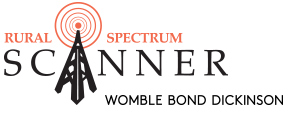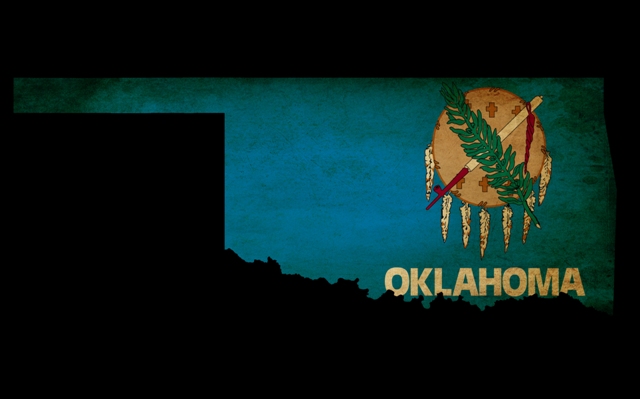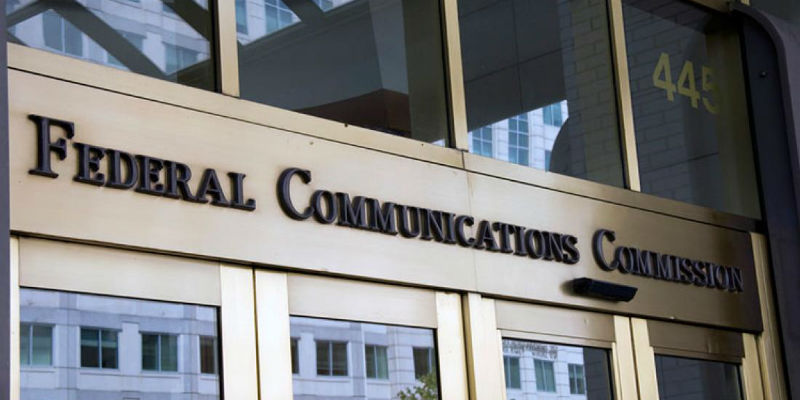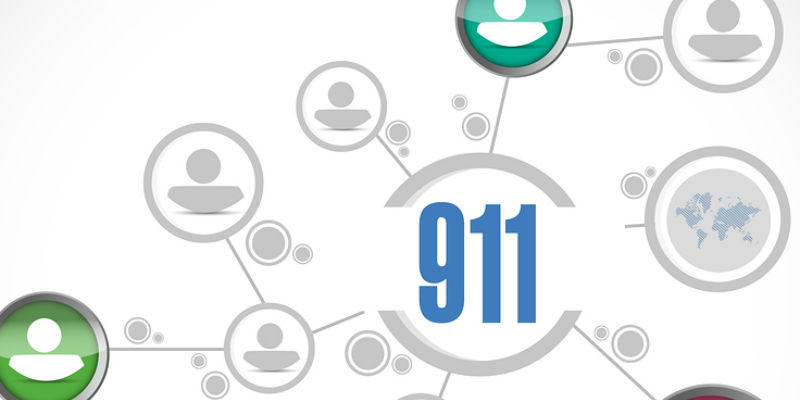In June 2015, the Federal Communications Commission (FCC) made a number of reforms to the universal service Lifeline program, including the adoption of a new interpretation of “former reservations in Oklahoma.” Pursuant to the FCC’s rules, Lifeline providers receive additional federal support of up to $25 per month, per subscriber for the provision of Lifeline services to low-income consumers living on Tribal lands. The FCC’s definition of Tribal lands includes “any federally recognized Tribe’s reservation, Pueblo, or Colony, including former reservations in Oklahoma,” and “near reservation” areas. The FCC’s new interpretation of former reservations in Oklahoma reflects the geographic boundaries found in the Historical Map of Oklahoma 1870-1890. It is scheduled to become effective on February 9, 2016.
Shortly after the FCC adopted its new interpretation, a group of wireless Lifeline providers – Assist Wireless, LLC, Easy Telephone Services Company d/b/a Easy Wireless, TerraCom, Inc., and True Wireless, LLC – challenged it in court by filing a petition for review with the U.S. Court of Appeals for the District of Columbia Circuit. On October 16, 2015, the Lifeline providers filed a petition with the FCC seeking a partial stay of the new interpretation pending judicial review. As expected, the FCC has denied the petition. In order to obtain a stay of the FCC’s rules, a petitioner must show that: (1) it is likely to prevail on the merits; (2) it will suffer irreparable harm absent the grant of preliminary relief; (3) other interested parties will not be harmed if the stay is granted; and (4) the public interest would favor grant of the stay. The FCC concluded that the Lifeline providers failed to demonstrate that the requirements have been met.








